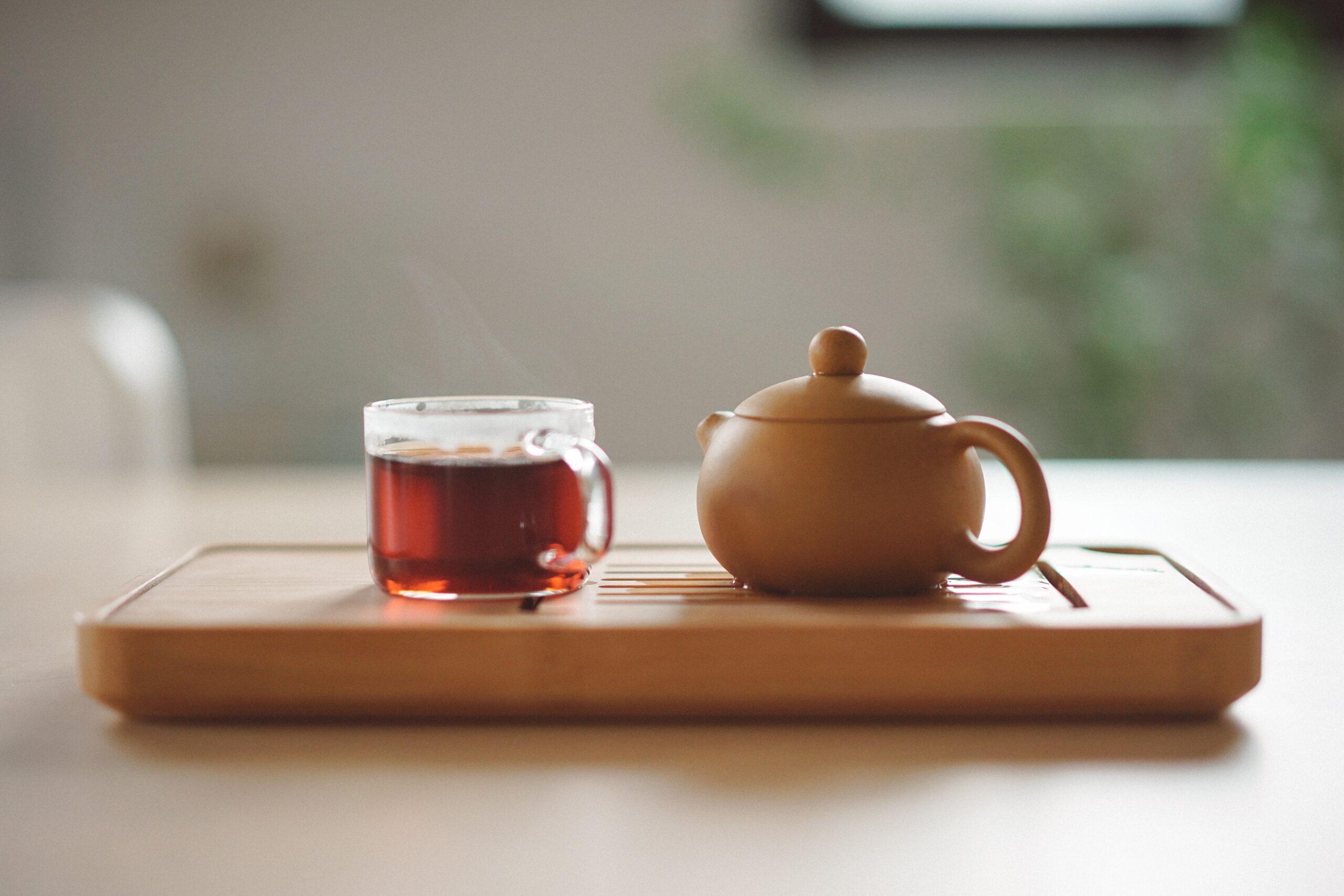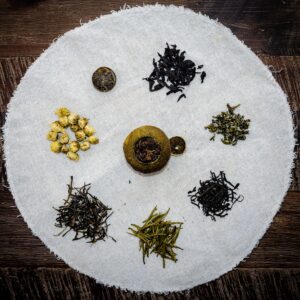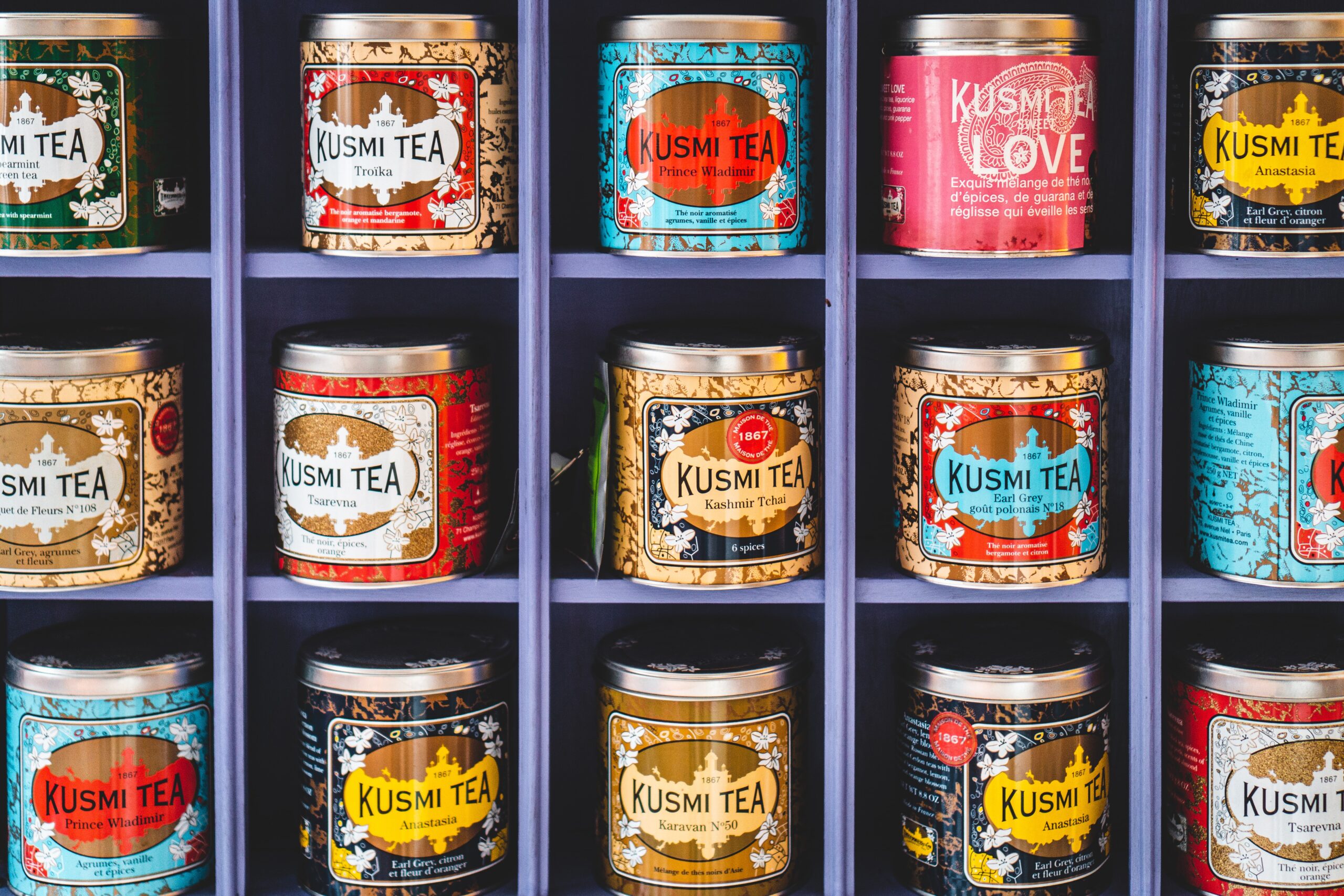 Did you know that tea is currently the second most consumed beverage in the world, the first being water? This gives you a pretty good idea of how popular tea has become over the years. In this article, you’ll find out whether or not tea can expire. You’ll also read about the different types of teas and the best way to store them.
Did you know that tea is currently the second most consumed beverage in the world, the first being water? This gives you a pretty good idea of how popular tea has become over the years. In this article, you’ll find out whether or not tea can expire. You’ll also read about the different types of teas and the best way to store them.
About Tea
It’s believed to have been around even before it was first documented in China in the 3rd century AD!
With this popularity comes a dizzying variety of teas on the market. If you’re anything like us, you buy a different type now and then, just to give it a try. Some surprise you with their rich flavors and aromas; others are a bit disappointing.
Then, one way or another, they manage to lose their way inside your cupboard only to show up months later. Afterward, you stumble across them by accident, take a look at the box and ask yourself, does tea expire?
Since many of us tea-drinkers have found ourselves in that same predicament, we thought we’d tackle the question head-on.
The Tea Plant

Tea comes from the Camellia sinensis; a plant species with close ties to the Camellia flower. Decades ago, tea was only native to certain parts of Asia. Now, people cultivate it in different regions worldwide, mainly at high altitudes where it is humid and the temperatures are cooler.
The Camellia sinensis consists of two common variants: assamica and sinensis. The Camellia sinensis assamica has large-sized leaves. This plant is famous for its intense, earthy-flavored teas.
The Camellia sinensis has smaller leaves. Tea made from this plant is bright in color and is known for its rich, intense flavor.
Different Types of Tea
Fun fact: there are over 1500 different variations of tea flavors! It’s fascinating because all these variations derive from the same Camellia sinensis plant. Impressive, right?
So, what makes them different? It’s all in the oxidation process. When tea leaves and buds are exposed to heat and air for a long time, they become darker and provide a stronger flavor.
Here’s a list of the five main tea types:
- White Tea: Recognized as one of the most delicate beverages, white tea has a distinct aroma. Since it requires the least amount of processing, it results in fresh, wholesome flavors.
- Yellow Tea: This tea is one of the rarest and most expensive. It’s widely hailed for its various health benefits.
- Green Tea: Rich in antioxidants and nutrients, green tea is processed for a moderate amount of time for a light color with a slightly astringent aftertaste.
- Oolong Tea: Not many people talk about this tea. It has many variations. You can pick from the least processed floral tea to the dark and more aromatic at the other end of the flavor spectrum.
- Black Tea: Bold, fragrant, and dark – all these perfectly describe one of the most popular tea types in the world.
- Pu-Erh Tea: This tea isn’t as well-known as some of the others. It takes a lot of time to process this tea, as it ages in high humidity. This makes it harder to find.
Which Tea Stays Fresh the Longest?
On average, tea leaves and bags can stay fresh anywhere between 6 to 12 months past their ‘best by’ date. The main deciding factor is how long the processing time took.
For example, high-quality black tea has the longest shelf life. This is because it requires the longest processing time compared to the other types of tea. Some of the more common black teas are English Breakfast and Earl Grey.
Does Green Tea Expire?
Green tea is the least processed out of all the tea types. This means it lasts the shortest amount of time past its end date.
If you find a box of green tea bags or leaves in your cupboard, try to use it within six months after its ‘best-by’ date. After that, you’ll notice that it has lost its distinct taste and aroma, at which point, that batch of green tea should be considered expired for all intents and purposes.
How to Tell if Tea is Expired?
We’ve all seen the ‘best-by’ date on tea packages. That date is there to tell you how long you can expect your tea to stay fresh.
In general, tea leaves and bags don’t go bad in the same way that milk, for example, goes bad. Rather, what manufacturers mean when they add that date is that this is the time when the flavor will begin to degrade. In other words, even if you drink tea past its expiration date, it’ll still be safe to drink. It just won’t smell or taste the same.
The only time your tea has a chance of going bad is once you’ve brewed it. Say, for example, you made a cup of tea, then you don’t get a chance to drink it. Then, it’s best to store it in the fridge where it can last up to five days. However, if you made some tea, then left it out for a couple of hours or longer, it’s better if you throw it out. The longer you leave your tea exposed, the more likely it’ll become a petri dish for bacterial growth. You may notice the tea smells a bit strange. It may have also become thicker since you last left it. Those are all signs of bacterial growth.
The Best Way to Store Tea

Can tea expire later? You should store tea containers in a dark and dry place in your kitchen. You should not expose the tea to air, light, or heat during its storage.
Once you open a box of tea leaves or bags, always make sure that there is a tight seal. You can always buy opaque, airtight containers to store your tea. This is especially vital if you don’t plan on finishing the entire box within a month or two.
The aging process is sped up by subjecting it to air circulation. This is what makes tea taste dull and flavorless.
The Takeaway
Luckily for us, loose tea leaves and tea bags have proven to be quite resilient. On average, they can stay fresh anywhere between 6 to 12 months past their ‘best by’ date.
Providing we store tea the right way, it can last for a pretty long time. Remember, tea is sensitive to air and moisture. So, find a nice, dark, and dry area in your cupboard to store your tea. Thereafter, put it in an airtight container to ensure maximum freshness.
So does tea expire? Yes. Hopefully this article helped shed some light on ways to increase its shelf life.
